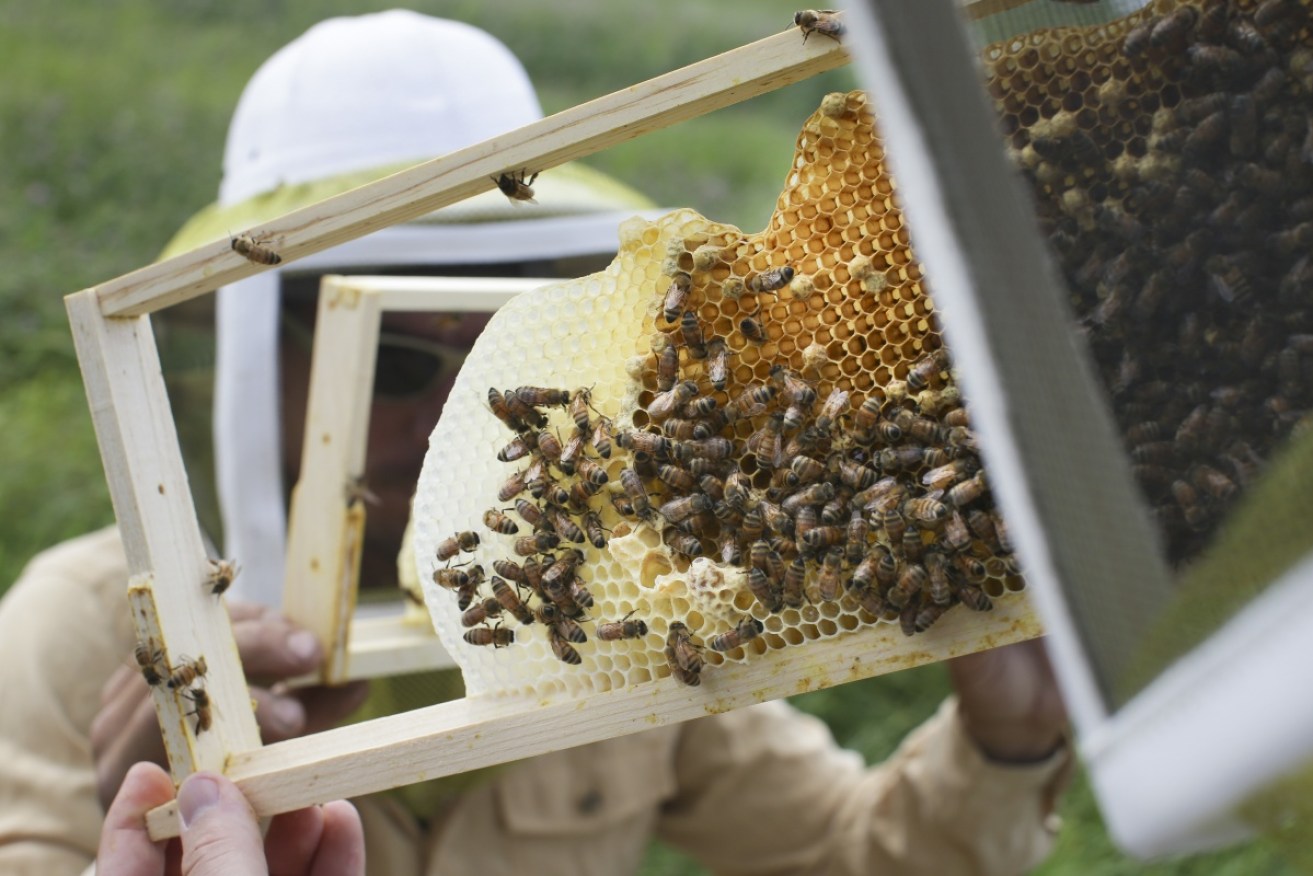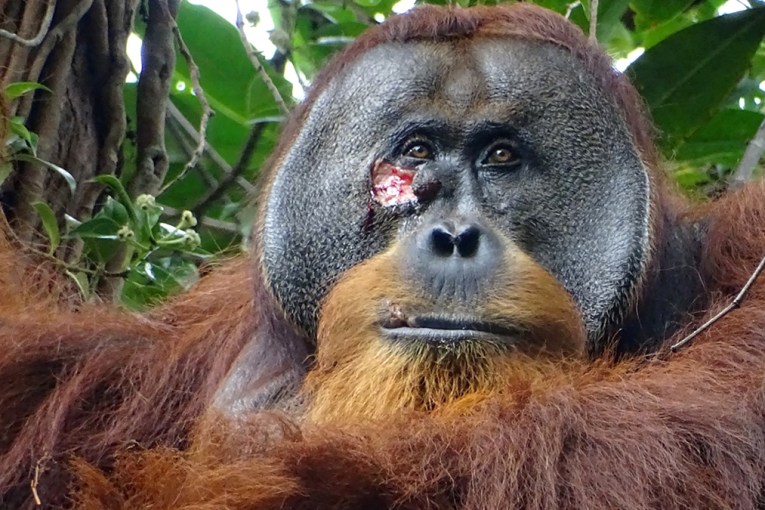Queensland beekeepers buzzing as pest eradicated

Biosecurity Queensland undertook a second eradication program of varroa mites at Townsville. Photo: AAP
Queensland authorities are confident a second eradication program of varroa mites at the Port of Townsville has eliminated the parasite from Australia again.
Despite a previous 2016 eradication program, Biosecurity Queensland found two Asian honey bee nests with varroa mites in them in 2019.
Authorities have just 48 hours to detect, quarantine and isolate a nest if it is found to be ridden with mites.
Now, with subsequent surveillance programs and a determined response, Biosecuirty Queensland is certain it has wiped out the mites, which pose as dangerous incursions to the state’s bee populations.
Varroa mites bury themselves into the comb of bee nests, attaching themselves to new bee populations and “suck the life” out of them as they grow, Jo Martin from the Queensland Beekeepers Association said.
“What you start to see is a dramatic decline in the production number of new babies being generated, and eventually the colony actually dies out,” she said.
“If we did experience a varroa mite incursion here in Australia and a subsequent outbreak, we would expect in the first few years at least a two-thirds decline in the number of colonies.
“We’re very, very confident that they have eradicated the pest well and truly from the area but like we say, it’s not an if it’s going to happen again, it’s a when.”
As state secretary for QBA, Ms Martin said the threat of the mites could cripple an industry imperative to the success of agriculture and horticulture across Australia.
In Queensland, the bee industry contributes $2.4 billion annually to the economy, while providing $14.2 billion nationally.
The state’s commercial bee farms are mainly found in the southern Downs region and the Great Dividing Range, but stretch as far as Ayr in north Queensland.
But while the QBA is confident commercial entities and authorities are across it, concern now lies with casual beekeepers.
Ms Martin believes an uptake in backyard beekeeping since the pandemic began mean there are those who are not so sweet to the threat of pests and transmissible disease.
“It’s not just those high-risk ports, but it’s the beekeepers that are within the adjacent areas that may not be as up to date as possible on their pest and disease knowledge and awareness,” she said.
“If they’re not completing those regular checks or their alcohol washes to detect for varroa mites particularly, they might miss that.
“All that we need is one bee with one mite on the back of it that could decimate this industry.
-AAP








